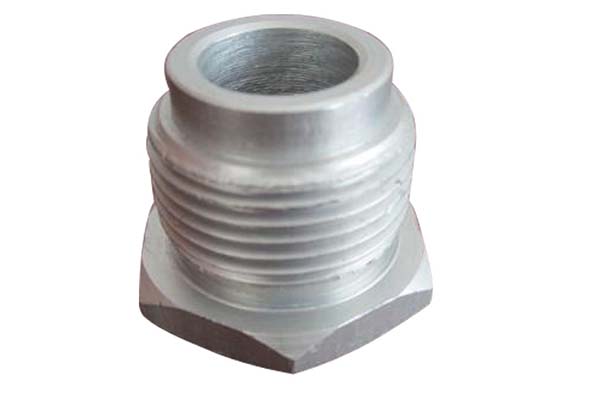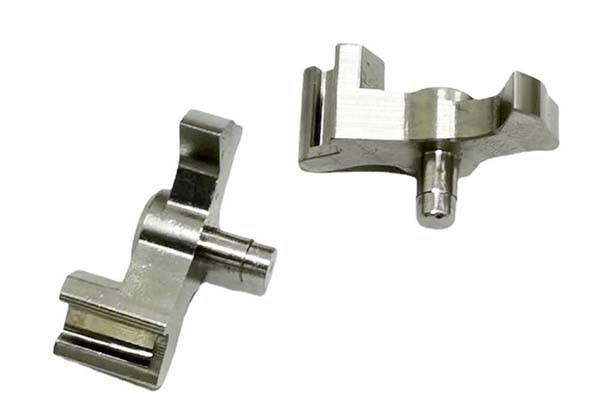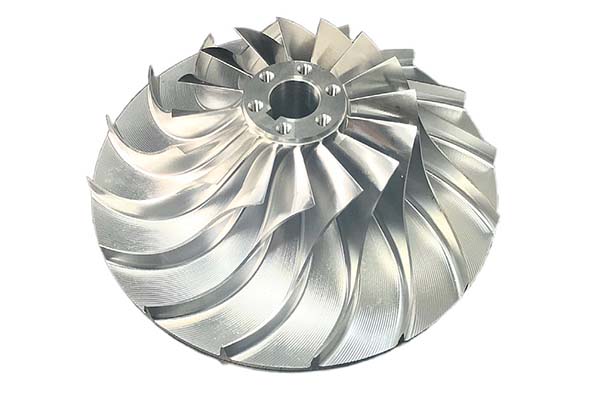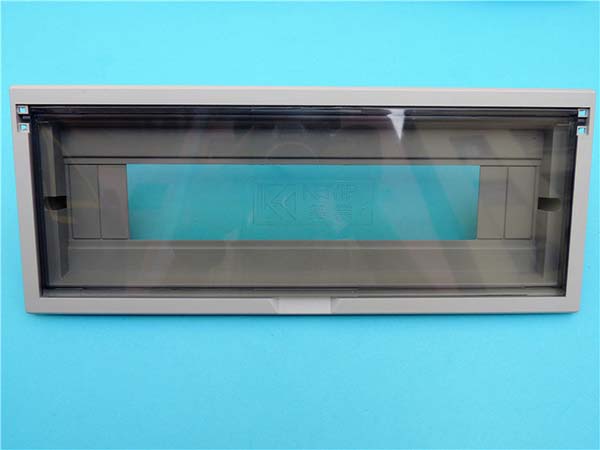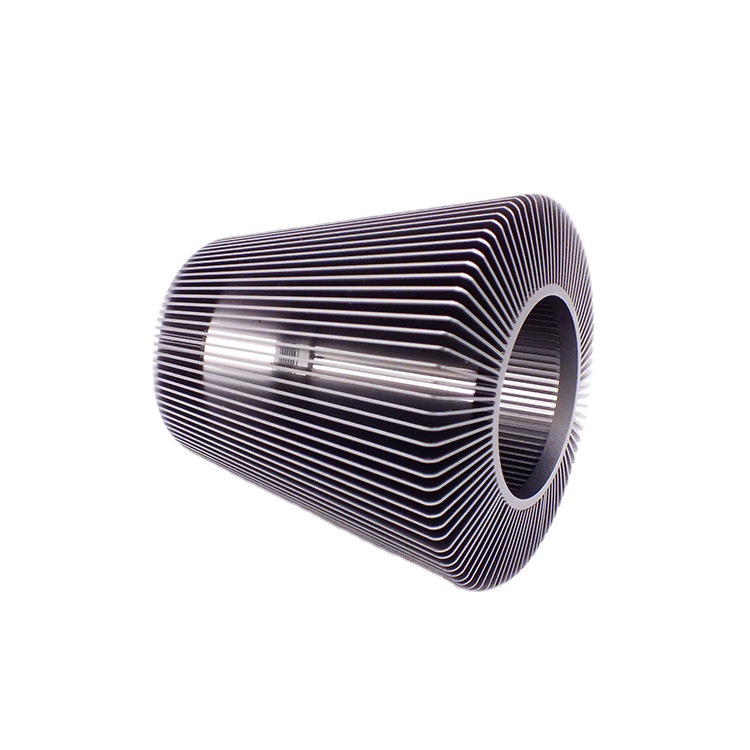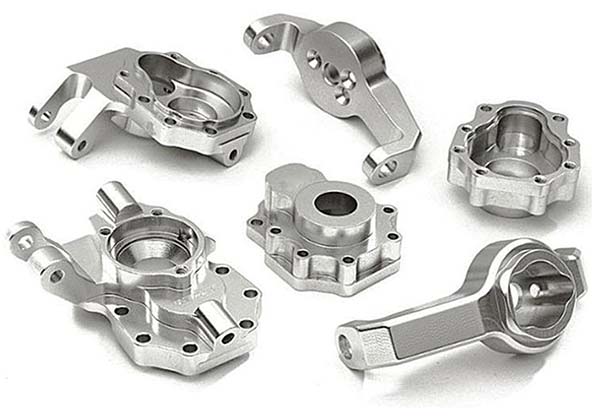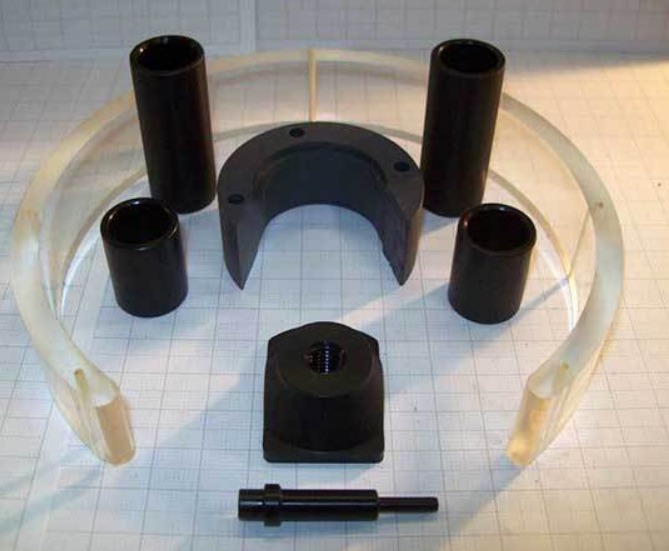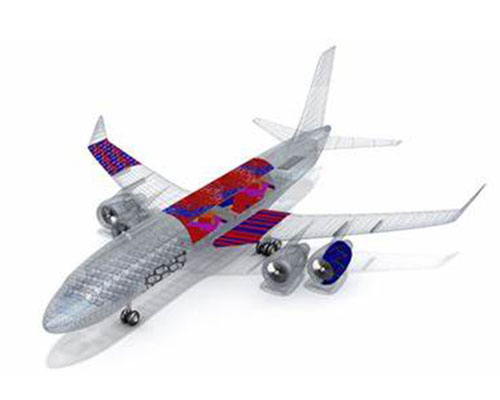Introduction
The Significance of Precision Parts Machining in Business
In today's highly competitive business landscape, precision parts machining has emerged as a cornerstone for success across a wide range of industries. From aerospace and automotive to medical devices and electronics, the demand for precisely crafted components is ever - increasing. Precision parts machining is not just a manufacturing process; it's a key enabler that impacts product quality, performance, and overall business competitiveness.
Imagine an aerospace company developing a new aircraft engine. The tiniest deviation in the machining of engine components could lead to inefficiencies, reduced fuel economy, or even catastrophic failures during flight. In the medical field, precision - machined parts in surgical instruments ensure accurate and delicate procedures, potentially saving lives. In the electronics industry, where miniaturization is a constant pursuit, precision machining allows for the creation of smaller, more powerful components.
As businesses strive to innovate and meet the evolving needs of consumers, the role of precision parts machining becomes even more critical. It enables the production of complex geometries, tight tolerances, and high - quality finishes that were once thought to be impossible. In the following sections, we will explore in detail the numerous benefits that precision parts machining can bring to your business.
High - Quality Products
Meeting Stringent Quality Standards
In precision parts machining, the ability to meet stringent quality standards is paramount. Modern precision machining processes are equipped with state - of - the - art technologies that enable the production of parts with incredibly tight tolerances. For example, in the aerospace industry, components often require tolerances in the range of ±0.001 inches or even tighter. This level of precision ensures that each part fits perfectly within the overall assembly, optimizing the performance of the entire system.
Studies have shown that high - quality, precisely machined parts can significantly enhance product performance. In a research conducted on automotive engines, engines with precision - machined components showed a 15 - 20% increase in fuel efficiency compared to engines with components produced using less precise methods. This is because precision - machined parts reduce internal friction, allowing the engine to operate more smoothly and efficiently. In the medical device industry, precision - machined components in devices like pacemakers and surgical robots ensure accurate and reliable operation, which is crucial for patient safety.
Reducing Defects and Rework
One of the most significant advantages of precision parts machining is its ability to reduce defects and rework. Traditional machining methods often struggle to achieve the high levels of accuracy required in modern manufacturing, leading to a higher rate of defective parts. For instance, in traditional machining, the defect rate can be as high as 10 - 15% in some complex part production scenarios.
In contrast, precision parts machining, with its advanced computer - controlled systems and high - precision tools, can keep the defect rate well below 5%. A case study in an electronics manufacturing company found that by switching to precision machining for the production of circuit board components, the defect rate dropped from 8% to 2%. This not only saved the company significant costs associated with rework and waste but also improved production efficiency as fewer parts needed to be scrapped and remade.
Moreover, reducing rework means shorter production cycles. When parts are produced correctly the first time, there is no need to spend additional time and resources on fixing or replacing defective items. This allows businesses to get their products to market faster, gaining a competitive edge in the industry.
Cost - Efficiency in the Long Run
Lower Maintenance and Replacement Costs
Precision - machined parts contribute significantly to lower maintenance and replacement costs over the long term. When parts are manufactured with high precision, they fit together perfectly within a product's assembly. This reduces the amount of friction and wear that occurs during operation. For example, in a manufacturing plant, precision - machined bearings in conveyor systems have shown to last up to 3 times longer compared to those made with less precise methods.
A study by a leading automotive parts manufacturer found that engines equipped with precision - machined components required 40% fewer maintenance interventions over a 5 - year period. This is because the tight tolerances and high - quality finishes of precision - machined parts prevent premature wear and tear. As a result, businesses can save substantial amounts of money that would otherwise be spent on frequent repairs, replacement parts, and downtime associated with equipment failures.
Optimizing Material Usage
Precision parts machining also allows for better optimization of material usage. Traditional machining methods often result in significant material waste due to imprecise cuts and over - machining. In contrast, precision machining techniques, such as computer - numerical - control (CNC) machining, use advanced software to precisely calculate the amount of material needed for each part.
For instance, in the aerospace industry, where materials can be extremely expensive, precision machining has reduced material waste by up to 30%. By minimizing waste, businesses can cut down on raw material costs, which can be a significant portion of the overall production expenses. This not only benefits the company's bottom line but also contributes to environmental sustainability by reducing the amount of waste generated during the manufacturing process.
Enhanced Performance and Functionality
Improving Product Performance
Precision parts machining plays a pivotal role in enhancing product performance across various industries. In the automotive industry, for example, precision - machined engine components can significantly improve engine performance. A study by an automotive research institute found that engines with precision - machined pistons, crankshafts, and cylinder heads showed a 10 - 15% increase in power output. The tight tolerances achieved in precision machining ensure that these components fit together perfectly, reducing internal friction and energy losses. This results in a more efficient combustion process, leading to better fuel economy and increased power.
In the medical device field, precision - machined parts are crucial for the performance of diagnostic and surgical equipment. For instance, in magnetic resonance imaging (MRI) machines, precision - machined magnetic coils are essential for generating accurate and high - resolution images. These coils need to be manufactured with extremely tight tolerances to ensure uniform magnetic fields, which is critical for the quality of the images produced. Any deviation in the machining of these coils could lead to image distortion, potentially misdiagnosing patients.
Enabling Complex and Advanced Designs
One of the remarkable capabilities of precision parts machining is its ability to bring complex and advanced designs to life. Traditional machining methods often struggle when it comes to creating intricate geometries and fine details. However, modern precision machining techniques, such as five - axis CNC machining, can handle the most complex designs with ease.
Take a look at the [image of a complex aerospace component](https://example.com/complex - aerospace - component.jpg). This aerospace part has a highly complex shape with multiple curved surfaces, internal channels, and fine features. Precision machining allows for the creation of such components, which are essential for the aerospace industry. The internal channels in this part are designed to optimize the flow of fluids or gases, and their precise shape and dimensions are crucial for the efficient operation of the aircraft system.
In the electronics industry, precision machining enables the production of miniaturized components with complex circuitry. For example, the tiny components in a smartphone, such as the motherboard components and micro - connectors, are made through precision machining processes. These components need to be extremely small yet highly functional, and precision machining makes this possible by achieving tight tolerances and intricate designs.
Yigu Technology's Perspective
As a non - standard plastic and metal products custom supplier, Yigu Technology firmly believes that precision parts machining is of utmost importance for businesses. In our experience, precision machining is the key to creating products that stand out in the market. It allows us to produce components with the highest level of accuracy, which directly translates to better - performing end - products.
Our state - of - the - art equipment and a team of highly skilled professionals enable us to offer customized precision machining services that meet the diverse needs of our clients. Whether it's a complex aerospace component or a precise medical device part, we have the expertise to handle it. We understand that each industry has its own unique requirements, and our goal is to provide tailored solutions that not only meet but exceed those expectations. By choosing Yigu Technology for precision parts machining, businesses can expect top - quality products, shorter lead times, and cost - effective solutions, all of which contribute to enhanced competitiveness in their respective markets.
FAQ
What Materials Can Be Used for Precision Parts Machining?
Common materials used for precision parts machining include metals like stainless steel, aluminum, and copper, as well as plastics and some composite materials. Stainless steel, with its high corrosion - resistance and strength, is often used in the food and medical industries, where parts need to withstand harsh environments. Aluminum, being lightweight yet having good strength - to - weight ratio, is popular in the aerospace and automotive industries. It is easy to machine and has excellent thermal conductivity. Copper is known for its high electrical and thermal conductivity, making it ideal for electrical components. Plastics such as PEEK (Polyether - ether - ketone) are used when lightweight, corrosion - resistant, and electrically insulating properties are required, for example, in some electronic and medical device applications.
How to Ensure the Precision of Machined Parts?
Ensuring the precision of machined parts involves several key aspects. First, using high - precision machining equipment is crucial. Advanced CNC machines, for instance, are designed to have extremely low positioning errors, often in the range of micrometers. Second, strict process control is essential. This includes optimizing machining parameters such as cutting speed, feed rate, and depth of cut. For example, in milling operations, choosing the right cutting speed can prevent tool wear and thermal expansion that could affect part accuracy. Third, the skills of the machining personnel play a significant role. Well - trained operators are able to set up the machines correctly, monitor the machining process, and make timely adjustments to ensure precision. Additionally, regular calibration of the equipment and using high - quality measuring tools like coordinate measuring machines (CMMs) for inspection are also important steps in maintaining precision.
What Is the Cost - effectiveness of Precision Parts Machining for Small - scale Production?
For small - scale production, precision parts machining can be highly cost - effective. Although the initial investment in precision equipment and skilled labor may seem high, the quality of the parts produced is much higher compared to less precise methods. High - quality parts reduce the need for rework and replacement, which can save costs in the long run. In small - scale production, the ability to produce parts with tight tolerances the first time is especially valuable as it minimizes waste of materials and time. Moreover, the enhanced performance of products made with precision - machined parts can lead to better market acceptance and potentially higher profits, offsetting the initial production costs.
